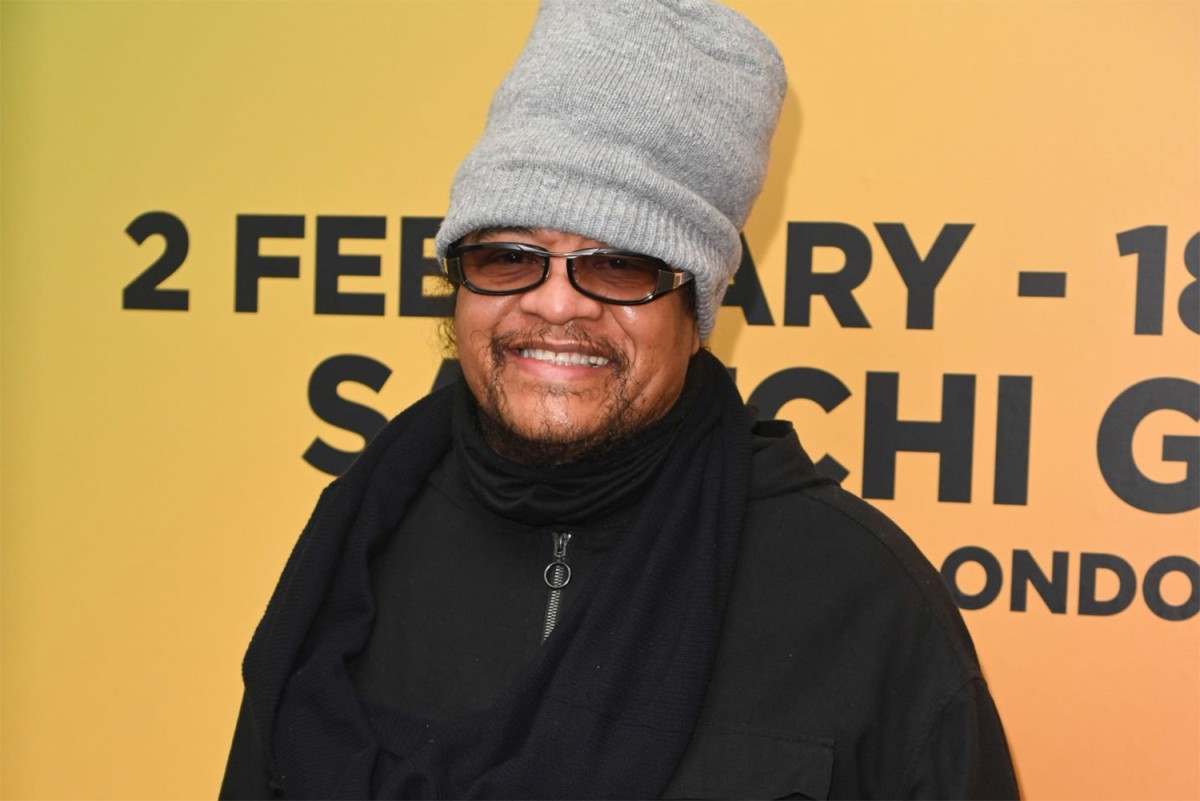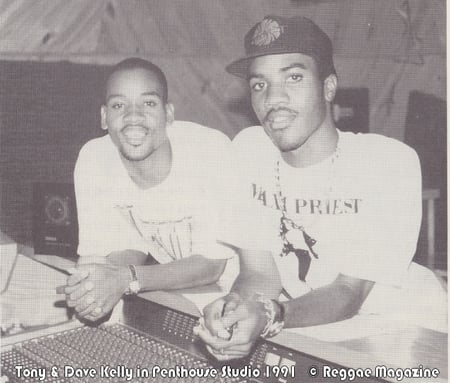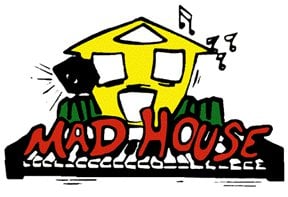Maxi Priest Says He Co-Founded Dave Kelly’s Madhouse Records Before Internal Conflict Pushed Him Out

British-Jamaican crooner Maxi Priest wants to set the record straight about the history behind Madhouse Records, the label he says he co-founded with Dave Kelly, Tony ‘CD’ Kelly, and Janet Davidson. In an interview with DancehallMag, Priest disputed online accounts that only credited Dave Kelly and Janet Davidson as the label’s founders.
The Wild World singer explained that in the early 1990s, he persuaded the Kelly brothers, who were his touring engineers, to join him in establishing the label. Although initially met with resistance, Priest said he advocated for the inclusion of Janet Davidson, his manager at the time, recognizing her business acumen.
“Things weren’t going so well for the brothers at Penthouse because they felt they weren’t being compensated fairly for the work that they did. We all had a great time on the road. We got along very well, so I said to them, ‘Let’s start our own record label.’ Everyone was up for it, but there were some doubts about having Janet as part of the label because, at the time, she was part of the Penthouse label with Donovan Germain. Although I still work with Germain, I don’t know if Janet is still a part of the Penthouse label,” Maxi said.
“We all sat in a room,” he recalled, “the four of us with a lawyer, Denise Brown, who was a friend of Janet. Denise drafted the documents and we all signed as four equals to the business. Max Elliott (Maxi Priest), David Kelly (Dave Kelly), Anthony Kelly (Tony CD) and Janet Davidson. I still have copies of the paperwork for Madhouse as an equal share owner if I wanted to make it an issue.”
It was during this time the Close To You hitmaker said he handcrafted the label’s logo.
“The logo that you see there today is the logo I sat down and handcrafted while staying at Don Taylor’s house (Bob Marley’s former manager). His niece, Susan, who was studying graphic design at the time, did what graphic designers do and gave us the finished product.”
Maxi also reflected on Madhouse’s early days, highlighting what he described as a pivotal moment that led to the label’s signature sound.
“I look back and think about all the crazy blessings that we received during the good times we had with everybody that was around at the time, giving their energy and their all towards building this label,” he said. “I remember when I bought the MPC60 that was requested by David and Tony as it was the new and latest drum machine at the time, but we didn’t fully understand how to use this machine. We couldn’t determine how to bring out the traditional drum sounds on this machine. So we played around with the new sounds that we were hearing through the pads on the front of the machine. This created a vibe that inspired Tony Kelly to dance using some of the latest moves. In my opinion, this truly inspired what became the signature beat and sound of Madhouse. Everybody was excited.”
Janet Davidson and Tony ‘CD’ Kelly both declined DancehallMag‘s requests for comment on this story, while Dave Kelly is known to keep himself out of the spotlight.
According to Maxi, his role extended beyond performing, encompassing promotion and brand ambassadorship for the label. While acknowledging a period of shared financial success, he contended that tensions arose as the label progressed.
“We were all making money, I got paid just as they did, but Dave started to have a problem with me getting my share, as he felt he was doing all the work as the producer, totally disregarding my value and my original input,” he claimed.
“Tony Kelly left the label for his own reasons by that time. I at the time was on the road touring, and David felt I shouldn’t get paid, but I wasn’t just touring, I was out there promoting the label, which was our original agreement. I was the voice out there introducing the label to the world. It’s difficult to explain every detail, but you have to understand the climate at the time and all that was going on.”
Maxi continued: “I recognized David and Tony as special creative musicians. I didn’t sign up to make the beats; this was the deal. They all know the truth. Dave knows, Tony knows, Janet knows, and many of the top artists know. Daddy Screw, Terror Fabulous, Louie Culture, Buju Banton, Beenie Man, Wayne Wonder, Shaggy…they all know and the list goes on and on.”
According to Maxi Priest, Robert Livingston, Shaggy’s manager at the time, was among those who witnessed his co-ownership of Madhouse Records. Disillusioned by the internal conflict, Priest recounted Livingston’s advice to walk away from the label.
“It’s funny because Buju and I had an issue because someone took him off a track that was originally done as a duet with me, but ended up as a duet with myself and Terror Fabulous, which I had to explain to Buju, years after, that I had nothing to do with it; informing him that Dave Kelly produced and edited most of the tracks. There after, Robert Livingston was one of the people who advised me to just walk away from it. Everybody from that era and who was around us those days all knew that I was part owner of Madhouse Records.”
Priest told DancehallMag that he’s not seeking to reignite a financial dispute but rather to ensure historical accuracy.
“This isn’t about money, this is just about the truth; these are facts I am letting you know. Janet told me on a phone call that David didn’t want me to be a part of the label anymore. So I basically walked away, and hearing from you about what was written on Wikipedia is very disturbing and definitely not nice. It makes it seem as if they were the only creators and owners, which is totally not true,” he contended.
As head of Madhouse Records, Dave Kelly masterminded scores of legendary riddims, including Bogle, Heartbeat, Return, Haunted, Heartbeat, Backyard, Fiesta, 85, Stink, Arab Attack, Duggu Duggu, Showtime and Bruk Out, from which several Dancehall hits were born.
For its 30th anniversary last year, the label released the Madhouse Records 30th Anniversary Collection, described as a retrospective look at “street anthems that echoed through the generations of dancehall fans around the world.”
It included songs such as Beenie Man’s Old Dog, Frisco Kid’s Little and Cute, Wayne Wonder and Cham’s Joy Ride, Wayne Wonder’s Informer, Rayon and Red Fox’s Bashment Party, Bounty Killer’s Worthless Boy, Bounty Killer’s Look, Beenie Man and Ms Thing’s Dude, and Cham’s Ghetto Story.



